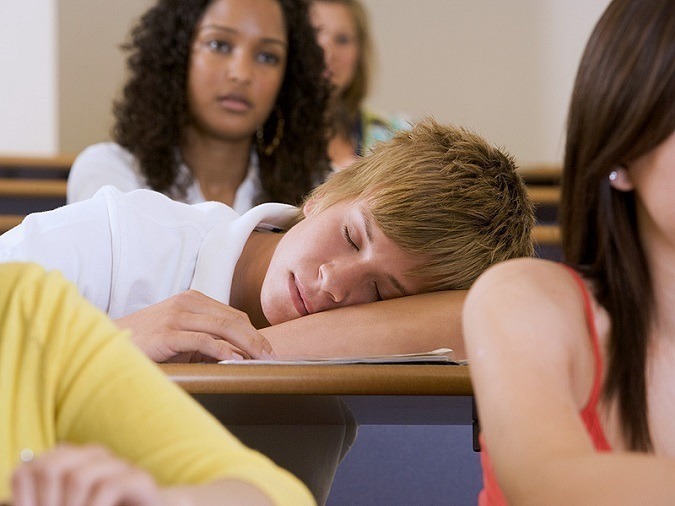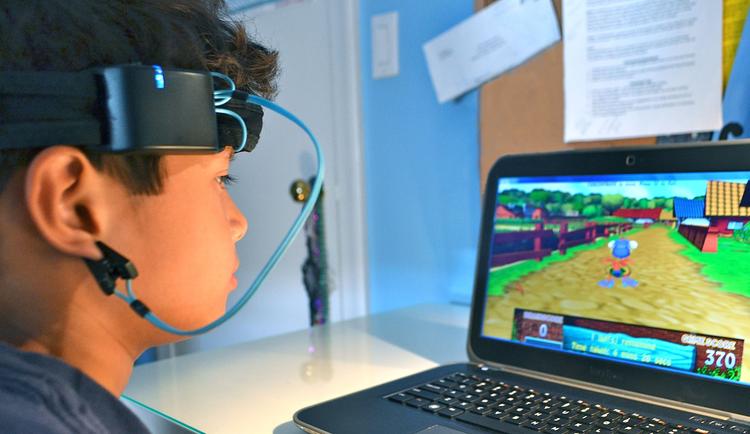Posts Tagged ‘ADHD-symptoms’
Study: Don’t overlook sleep difficulties in children with ADHD; they may impair functioning as much as ADHD itself
—– Problems with sleep are common in children with ADHD; in fact, past studies indicate that sleep problems occur in between 70 and 85%. Because of this, the American Academy of Pediatrics recommends that sleep difficulties should be assessed as part of a comprehensive ADHD evaluation. In some children, significant sleep difficulties may be an…
Read MoreHow children’s ADHD symptoms affect parents’ feelings & parenting behavior
——- ADHD in children puts stress on parents. In fact, parents of children with ADHD report greater parenting stress, less satisfaction in their parenting role, and more depressive symptoms than other parents. They also report more negative interactions with their child. This is certainly not true in all families where a child has ADHD but…
Read MoreStudy: EEG-augmented brain training shows promise as first-line treatment for ADHD
Novel Brain Training Game May Reduce Kids’ ADHD Symptoms (Medspace): “A novel cognitive training computer game that uses a child’s own brain waves to improve concentration may reduce symptoms of attention-deficit/hyperactivity disorder (ADHD), say US researchers. Investigators used a novel feed-forward modeling (FFM) system, which…is based on a computer cognitive training game in which attention…
Read MoreStudy: Does Mindfulness Meditation training help adults with ADHD?
As awareness of ADHD in adults increases, so do efforts to develop effective treatments for adults that can complement, or substitute for, medication. One promising treatment is mindfulness meditation training.
Read MoreNew Study Supports Neurofeedback Treatment for ADHD
Neurofeedback — also known as EEG Biofeedback — is an approach for treating ADHD in which individuals are provided real-time feedback on their brainwave patterns and taught to alter their typical EEG pattern to one that is consistent with a focused, attentive state.
Read More



